Why the Cowichan Valley Is Canada’s Next Food and Wine Destination
The name Cowichan comes from the Hul’q’umi’num word shquw’utsun, meaning “to warm one’s back in the sun.”
It’s more than just a beautiful turn of phrase. Nestled in a pocket between Victoria and Nanaimo on southern Vancouver Island, the Cowichan Valley is a rare gem: Canada’s only maritime Mediterranean climate zone, characterized by hot, dry summers and cool, wet winters.
In foodies’ terms, that means it’s the warmest place in the country year round and a veritable Eden for growing premium crops. “The climate here gives the region a great environment to grow hay and grass. These lead to great dairy products and pasture-raised meats—some of the best I have tasted,” says Bill Jones, who settled in Cowichan over 25 years ago after cooking in Michelin-starred restaurants across France and England. He later opened his private dining room, Deerholme Farm, drawn in by the valley’s untapped potential.
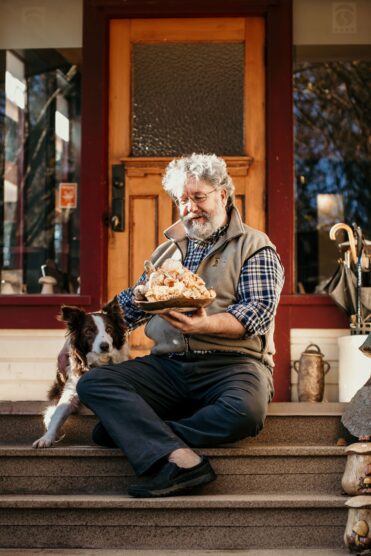
If you’re lucky enough to time your visit with one of Jones’s monthly local food dinners at Deerholme Farm—sought-after events that quickly book up—you’re in for a treat. Otherwise, his foraging workshops and cooking classes are just as worthwhile, offering hands-on insight into the land and broader slow food movement.
According to Jones—a former geologist with deep knowledge of soil, minerals, and the unseen forces that shape flavour from the ground up—it’s not just the dairy, eggs, and livestock that shine in Cowichan. The area’s varied landscape is also home to a new generation of farmers rooted in slow food values. Somewhere around 700 small working farms—a remarkable figure for a population of just under 90,000. That’s roughly one farm for every 129 people.
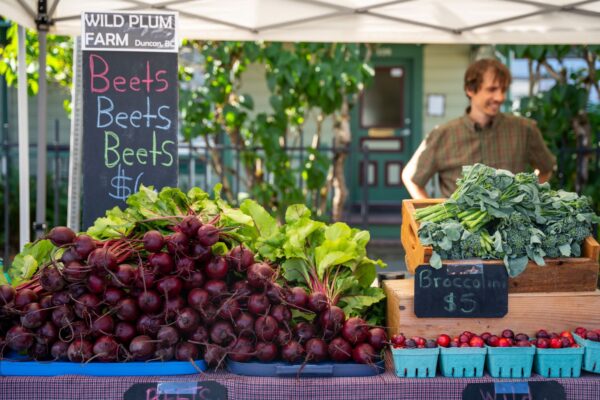
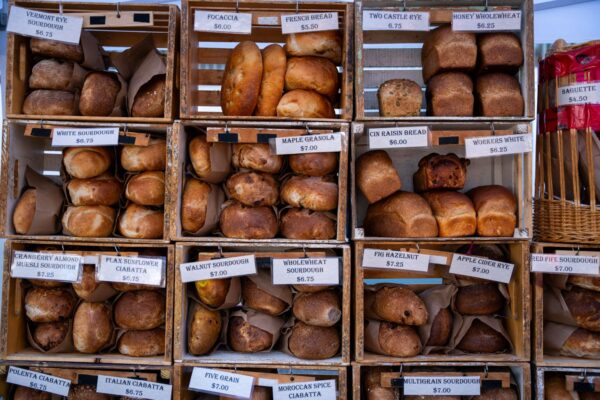
So taken was Jones with Cowichan’s allure that he envisioned it as a destination to rival California’s Napa Valley or Tuscany’s agriturismos. He isn’t alone in that belief. The late Canadian food critic James Barber once fondly referred to the area as “Canada’s Provence.”
While that reputation as a Canadian hub of agrotourism has started to take root—thanks in part to its boutique wineries—Cowichan’s broader food scene remains relatively unknown. “Cowichan has been kind of known as a wine region, but the food scene is more up-and-coming. It’s still growing,” says Kenzie Knight, a spokesperson from Tourism Cowichan.
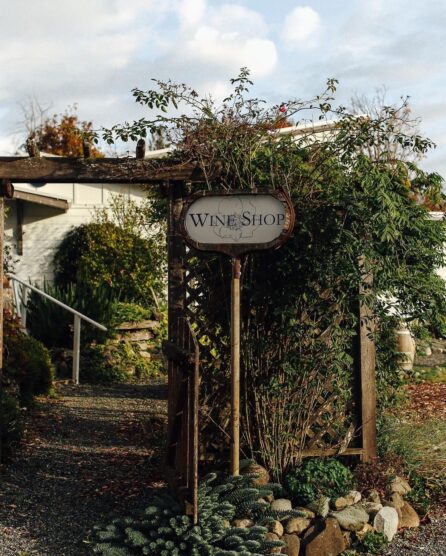
She credits the area’s distinctive terroir to a confluence of ancient volcanic activity, salt air from the ocean, and glacial water. The result is ideal conditions for wine varietals, particularly pinot noir. “Because winter temperatures here don’t drop as low as in places like the Okanagan, the grapes develop a flavour profile that’s distinct to the valley,” she explains. Pinot gris, gewürztraminer, ortega (a muscat-style wine), and the effervescent Charme de l’île—a federally trademarked sparkling wine made only on Vancouver Island—are among other standout wines produced in the area.
But as visitors come for the wine, many stay for the food. Cowichan is rich in provenance, from just-caught seafood like prawns, crab, and salmon to cheese from vertically integrated producers like Cowichan Station Creamery, where the same team grows the grass, milks the cows, and handcrafts the cheese.
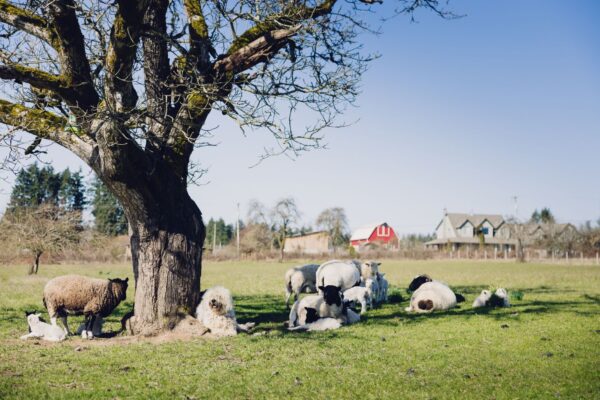
The Duncan Farmers’ Market is an ideal starting point. One of B.C.’s oldest and largest, it’s home to over 100 family-run and artisanal vendors. While there, look out for the stall for Glenora Farm, a biodynamic operation where adults with developmental disabilities learn to grow, harvest, and sell fresh produce: a good example of Cowichan’s community-first ethos.
Cowichan’s distilleries are also giving its wineries a run for their money. Stillhead Distillery’s Wild Blackberry Gin is a three-time World Gin Awards winner, while Ampersand Distilling has taken home numerous accolades for its craft gin and vodka.
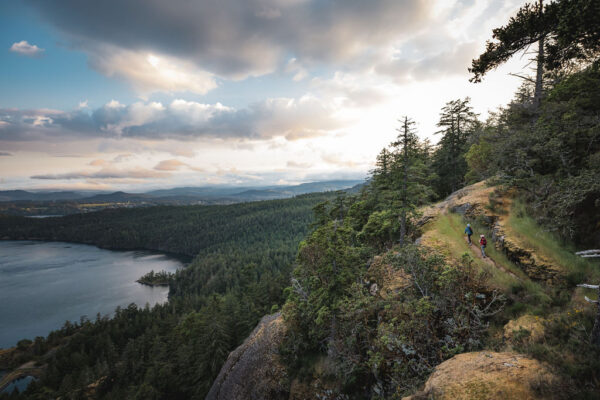
To round out the experience, book a stay at one of Cowichan’s farmstays. Keating Farm offers rustic-chic heritage accommodations on a 27-acre working farm with honeybees, pigs, heirloom orchards, and more. Or check into a plush yurt on-site at Merridale Cidery & Distillery, producer of the best small batch single malt at the 2025 World Whiskies Awards, where you can fall asleep gazing at the stars through a circular skylight.




